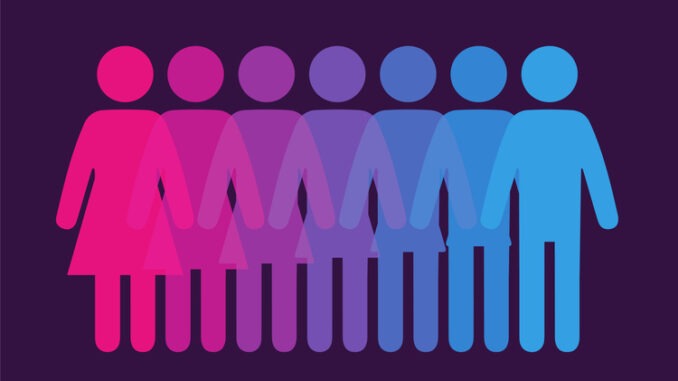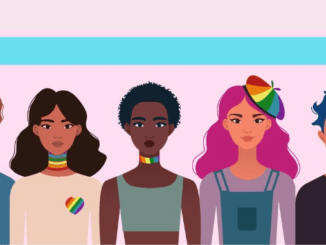
Dr. Hilary Cass, Chair of the Independent Review of gender identity services for children and young people, has delivered her final report and recommendations to NHS England. This pivotal review, commissioned to improve NHS gender identity services, holds significant implications for SBLs seeking to provide supportive environments for students exploring their gender identities
CREDIT: This is an edited version of an article that originally appeared on The Cass Review
The exploration of identity is a fundamental aspect of personal development, particularly during childhood and adolescence. However, schools have witnessed a notable increase in the number of students seeking support around their gender identity in recent years. As these students navigate their identities, SBLs and school staff play a crucial role in fostering inclusivity, understanding, and support.
Key findings from the report
The findings of Dr. Cass’s review offer valuable insights:
- The rise in referrals reflects a complex interplay of biological, psychological, and social factors, highlighting the diverse needs of students exploring their gender identities.
- Conflicting views on clinical approaches underscore the importance of educators in providing a supportive environment that respects individual identities and experiences.
- Limited evidence-based guidance poses challenges for educators in addressing the needs of gender-diverse students, emphasising the importance of tailored support strategies.
- Uncertainties surrounding the long-term impacts of medical interventions call for careful consideration and collaboration between healthcare professionals and educators in supporting students’ holistic well-being.
Recommendations and implications
Dr. Cass’s recommendations hold significant implications for schools:
- Schools must prioritise creating inclusive and supportive environments where students feel safe to explore their gender identities without fear of judgment or discrimination.
- Training and professional development programs should be provided to equip teachers with the knowledge and skills necessary to support gender-diverse students effectively.
- Collaboration between educational institutions and healthcare providers is essential to ensure a coordinated approach to supporting students’ holistic well-being.
- Policies and procedures should be reviewed and updated to reflect best practices in supporting gender-diverse students, including the provision of gender-affirming facilities and resources.
While Dr. Cass’s recommendations offer valuable guidance for enhancing gender identity support in education, it’s essential to acknowledge the complexity of achieving the right balance. SBLs face the challenge of creating inclusive and supportive environments while navigating evolving societal norms, legal frameworks, and individual student needs. Striking this balance requires ongoing collaboration, professional development, and a commitment to prioritising the well-being and inclusion of all students. As educational institutions continue to evolve, it’s imperative to remain open-minded, adaptable, and responsive to the diverse needs of gender-diverse students, ensuring that every individual feels respected, valued, and supported in their educational journey.



Be the first to comment